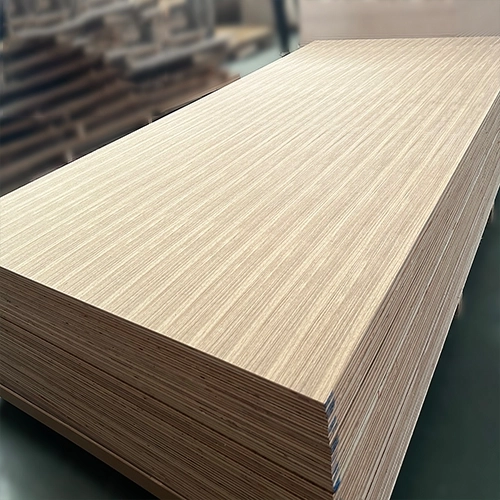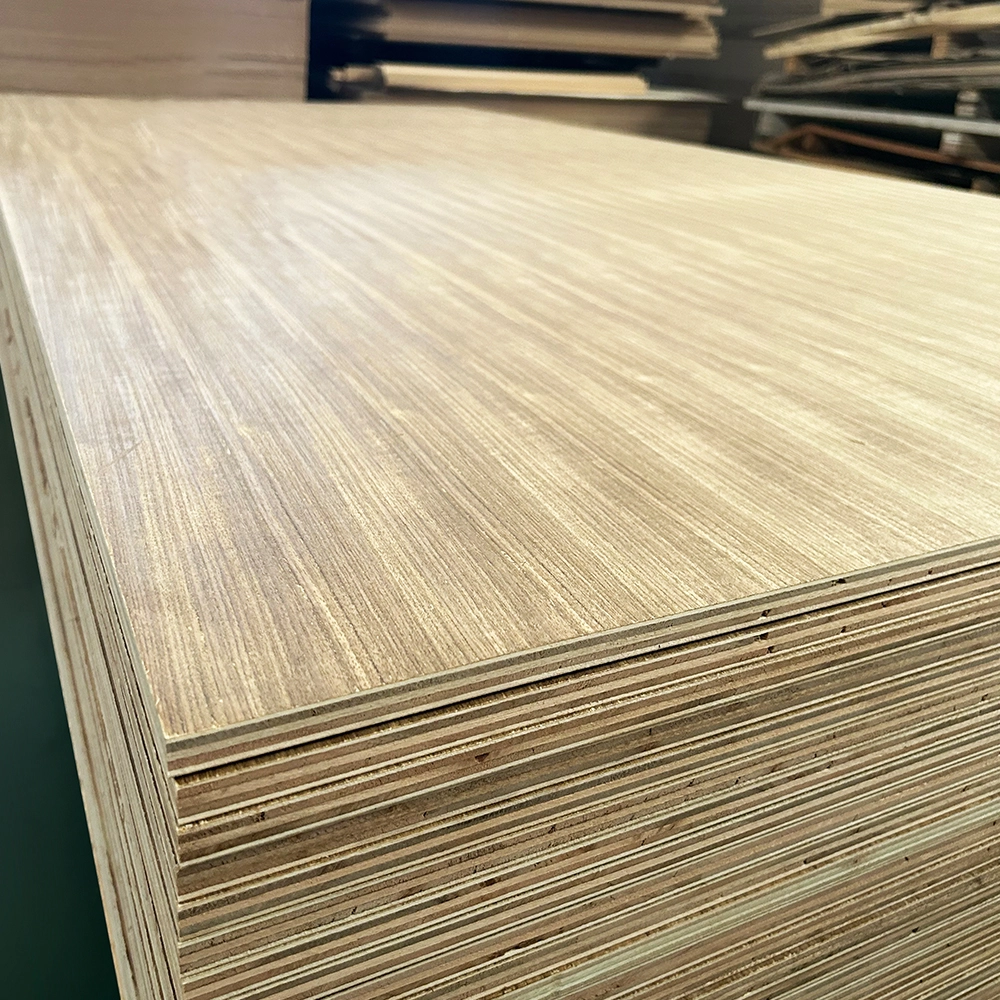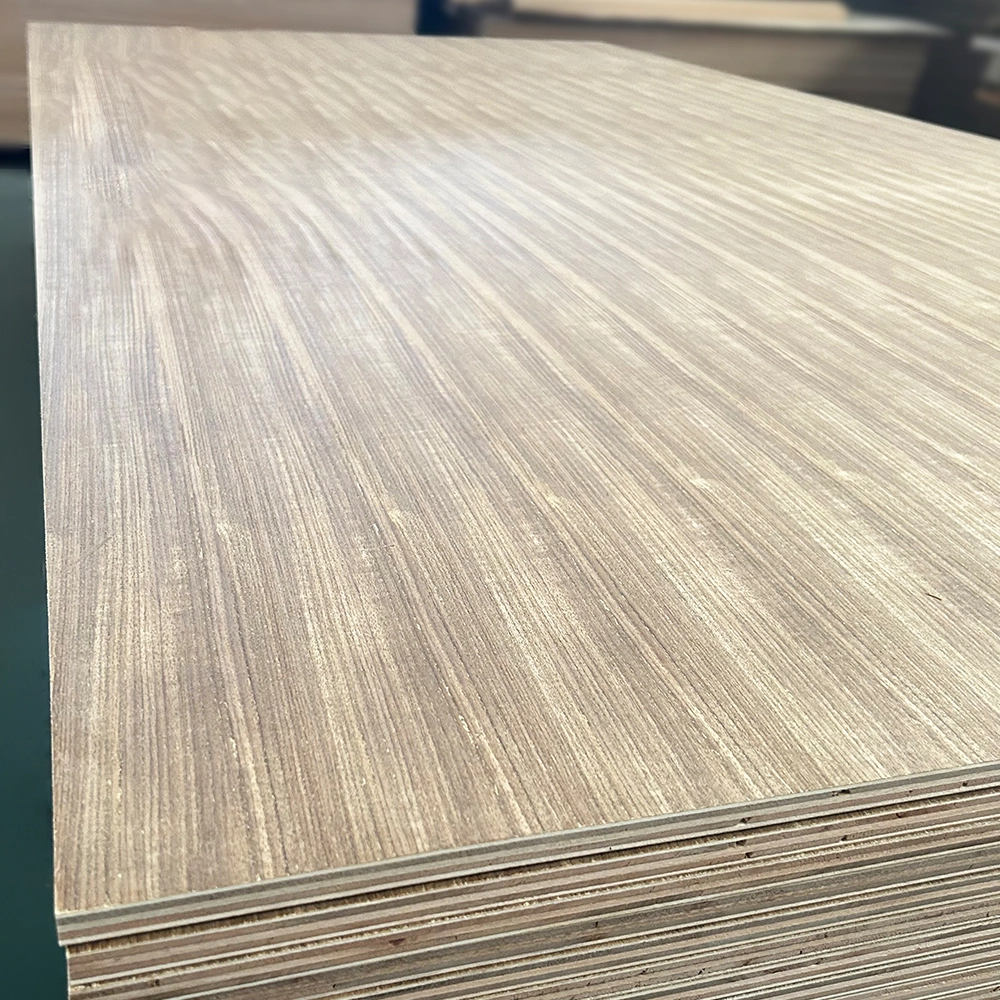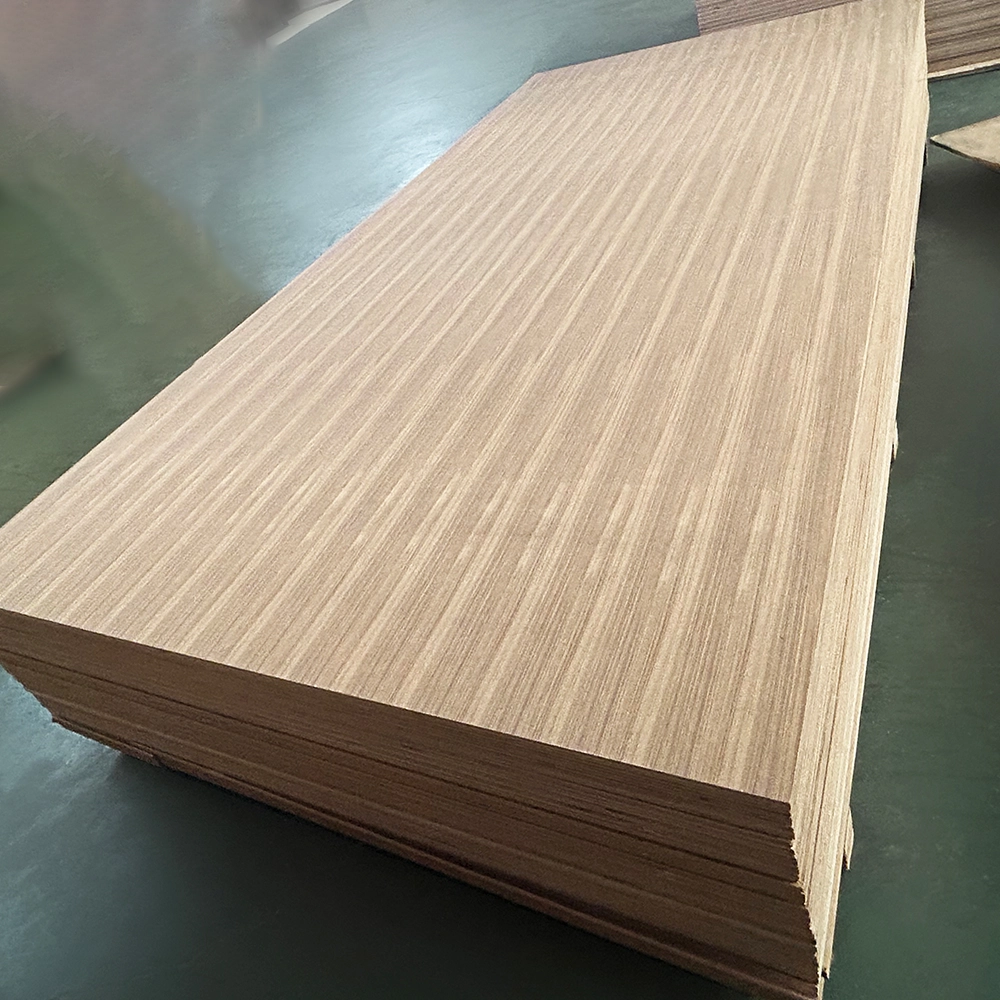Fancy plywood is a versatile and aesthetically pleasing material ideal for enhancing the look of interior spaces. Its natural wood veneer finish, combined with the strength and stability of plywood, makes it a preferred choice for interior design, furniture manufacturing, and decorative finishes. By considering factors such as veneer type, core material, application environment, and budget, you can select the perfect decorative plywood to meet your design needs and create stunning, long-lasting interiors.


Key Characteristics of Fancy Plywood
1. Aesthetic Appeal
Natural Wood Look: The face veneer replicates the appearance of natural wood, offering a high-end look without the cost of solid wood.
Variety of Designs: Available in various wood species, grains, and finishes to match diverse design preferences.
2. Versatility
Wide Range of Applications: Suitable for numerous interior applications, from wall paneling to furniture making.
Customizable: Can be cut, shaped, and finished to meet specific design requirements.
3. Durability
Strength: The plywood core provides structural stability and strength, making it suitable for load-bearing applications.
Resistance: Offers resistance to warping and splitting compared to solid wood.
4. Cost-Effective
Affordable Alternative: Provides the look and feel of natural wood at a lower cost, making it a budget-friendly option for high-end finishes.
Applications of Decorative Plywood
1. Interior Design
Applications:
Wall Paneling: Used to create feature walls, accent walls, and wainscoting in residential and commercial spaces.
Ceilings: Adds a sophisticated touch to ceiling designs, including coffered and beamed ceilings.
Functions:
Visual Appeal: Enhances the aesthetic value of interior spaces with its natural wood look.
Acoustic Properties: Can improve the acoustics in a room by absorbing sound.
2. Furniture Manufacturing
Applications:
Cabinetry: Ideal for kitchen cabinets, bathroom vanities, and storage units.
Tables and Desks: Used in the construction of dining tables, coffee tables, office desks, and more.
Functions:
Aesthetic Consistency: Provides a uniform and attractive finish, ensuring all pieces match the design theme.
Durability: Ensures long-lasting furniture that can withstand everyday use.
3. Decorative Finishes
Applications:
Doors: Used for interior doors, providing a polished and elegant look.
Trim and Molding: Ideal for baseboards, crown molding, and other trim work to add decorative details.
Functions:
Enhancement: Elevates the overall look of interiors with detailed and high-quality finishes.
Customization: Allows for creative designs and bespoke finishes to suit specific aesthetic goals.


Considerations for Choosing Decorative Plywood
1. Type of Veneer
Species Selection: Choose from a variety of wood species such as oak, walnut, maple, and cherry to match your design vision.
Grain and Finish: Consider the grain pattern and finish to ensure it complements the intended space.
2. Core Material
Plywood Core: Typically made from hardwood or softwood layers, providing strength and stability.
MDF or Particleboard Core: These alternatives can offer a smoother surface for certain applications but may not provide the same strength.
3. Application Environment
Interior Use: Primarily suited for indoor applications where it is protected from moisture and extreme conditions.
Maintenance Needs: Consider the ease of maintenance and cleaning based on the application area.
4. Cost and Budget
Price Range: Decorative plywood comes in various price ranges depending on the veneer species and core material.
Budget Constraints: Balance aesthetic preferences with budget constraints to choose the most suitable option.

